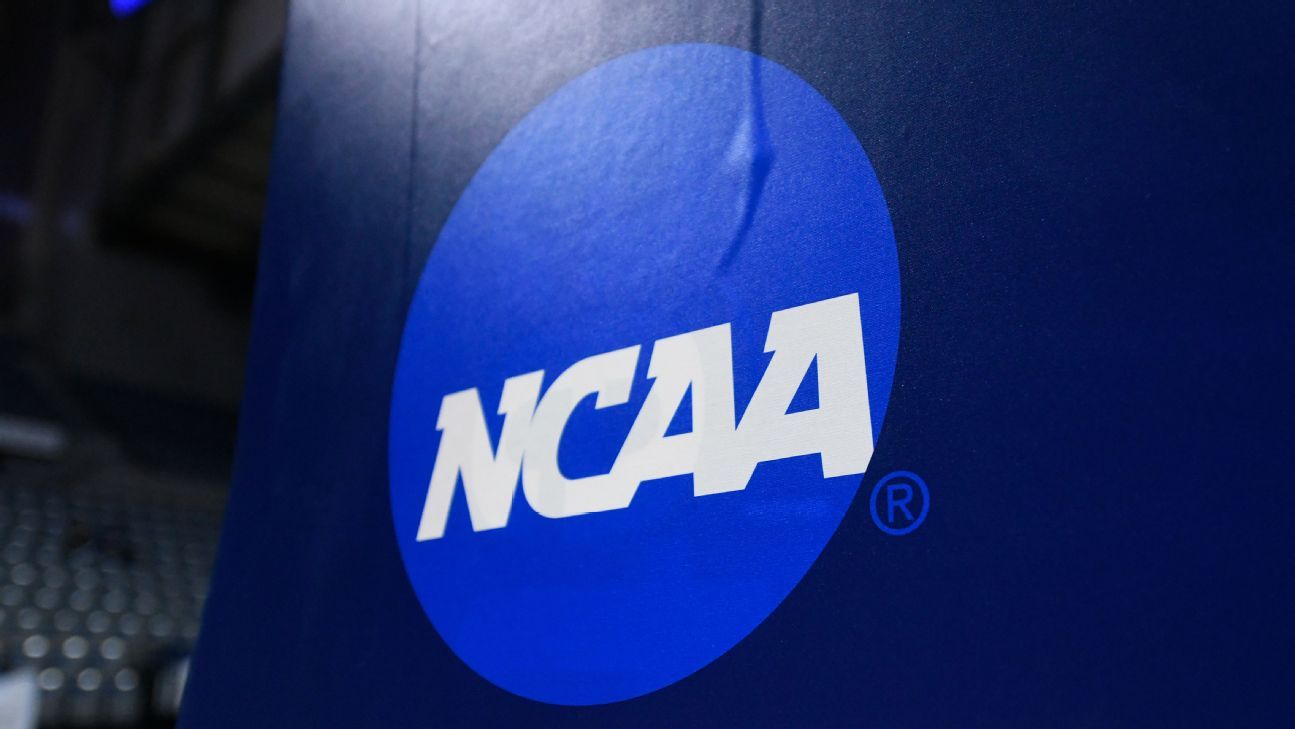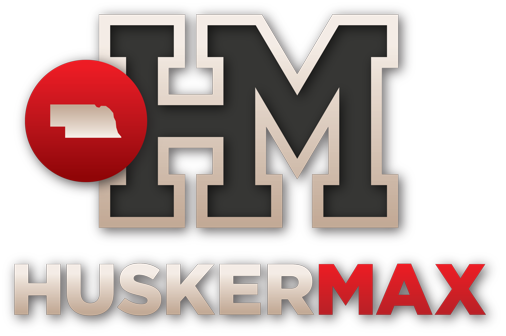Isn't this what's already happening today. Players find out what kind of a NIL deal they can get before they sign. We've signed players this way this year when players did not visit, got a NIL deal, and signed as a walk on because they did not visit.
A federal judge in Tennessee granted a preliminary injunction Friday afternoon that prohibits the NCAA from punishing any athletes or boosters for negotiating name, image and likeness deals during their recruiting process or while they are in the transfer portal.
Today anyone from the school cannot be directly involved, and the judge's ruling doesn't mention anyone associated directly with the school. The article gives an example, but the example shows a coach was involved.
NCAA rules prohibit student-athletes from signing NIL contracts that are designed as inducements to get them to attend a particular school -- one of the few restrictions in place for how student-athletes can make money. For example,
the NCAA recently announced sanctions against Florida State football because a member of its coaching staff connected a prospect with a booster collective that works closely with the Seminoles.The collective made a specific offer to the player, who was considering transferring from his current school to Florida State.
Seems to me the NCAA is coming down on Fl State because of the involvement of the coach, not the collective offering the player NIL money.




